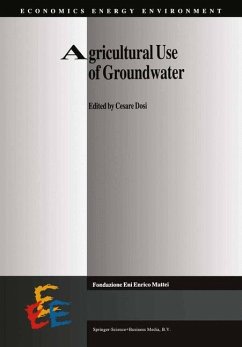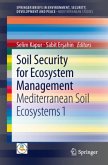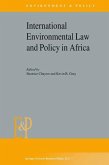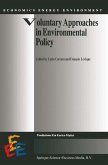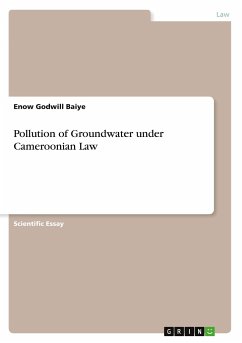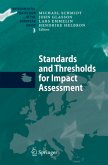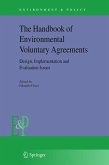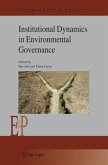Groundwater is endangered and polluted in several ways. Conservation and better management of this invisible resource should be a key ingredient of sustainable water policies. This is especially true in areas, such as many Mediterranean regions, which are already exposed to scarcity problems and which are likely to experience increasing competition between freshwater uses and users. Agriculture is an important user of groundwater not only in terms of abstractions, but also in terms of generation and release of pollutants. Agricultural policies, traditionally directed towards other objectives, are beginning to pay more attention to environmental considerations. However more effective initiatives are required to reduce the pressure upon groundwater resources and to achieve a better integration between agricultural and environmental policies.
This book has been developed from three workshops held as part of the EU Concerted Action SAGA, "Sustainable Agricultural Use of Aquifers in Southern Europe: Integration between Agricultural and Water Management Policies" (FAIR5-CT97-3673). The Concerted Action and the workshops brought together researchers working in different but complementary fields, in order to get a picture of the state-of-the art about interlinkages between agriculture and groundwater, as well a critical review of alternative regulatory approaches and policy instruments aimed at improving groundwater management.
This book has been developed from three workshops held as part of the EU Concerted Action SAGA, "Sustainable Agricultural Use of Aquifers in Southern Europe: Integration between Agricultural and Water Management Policies" (FAIR5-CT97-3673). The Concerted Action and the workshops brought together researchers working in different but complementary fields, in order to get a picture of the state-of-the art about interlinkages between agriculture and groundwater, as well a critical review of alternative regulatory approaches and policy instruments aimed at improving groundwater management.

